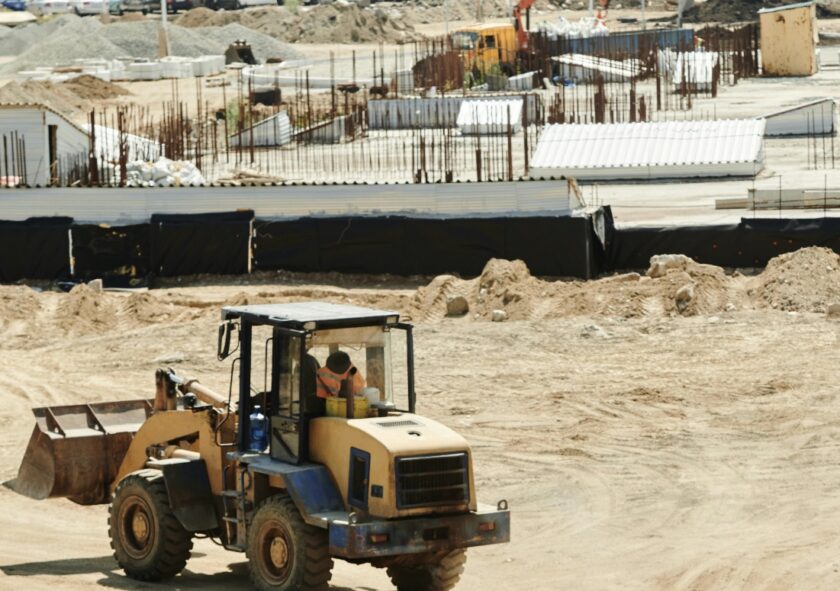Feasibility and Due Diligence in Land Development: A Critical Step for Successful Projects

When embarking on a land development project, one of the most important aspects to consider is the feasibility and due diligence process. This stage ensures that the project is realistic, compliant with regulations, and set up for long-term success. Let’s break down what feasibility and due diligence mean, why they matter, and what steps are involved in the process.
What Is Feasibility in Land Development?
Feasibility refers to the ability to successfully carry out a land development project, considering financial, technical, legal, and environmental factors. It helps developers understand whether the project can be completed on time, within budget, and in compliance with all regulations. Evaluating project feasibility in land development is crucial because it lays the foundation for the project’s design and implementation. Explore the detailed process behind feasibility studies and risk mitigation.
Before jumping into a development project, a comprehensive feasibility study is needed. This includes looking at various factors such as:
- Site suitability: Can the land be developed for the intended purpose? Is it accessible, and does it meet the needs of the project?
- Economic viability: Are the costs of development likely to be covered by the expected returns?
- Legal requirements: Does the project comply with zoning laws, building codes, and environmental regulations?
Due Diligence: The Backbone of Successful Land Development
Due diligence in land development refers to the detailed investigation and research conducted to ensure that a property is suitable for development and that no unforeseen issues will arise during construction. It’s about digging deeper into all aspects of the project and making informed decisions based on facts, not assumptions.
Key Steps in the Due Diligence Process
- Thorough Site Investigation Conducting a site survey is essential to understanding the land’s physical characteristics. This includes soil testing, environmental impact assessments, and archaeological studies. The Environmental Protection Agency (EPA) outlines the importance of these assessments in mitigating risks and ensuring compliance with environmental regulations.
- Legal and Regulatory Review A legal review is critical to ensure that the project complies with local zoning ordinances, building codes, and environmental regulations. Resources from the American Society of Civil Engineers (ASCE) emphasize that legal due diligence is an essential step in avoiding costly delays or challenges.
- Financial Feasibility This involves assessing the overall cost of the project and comparing it to the potential return on investment (ROI). The costs can include land acquisition, construction, infrastructure, and permits. A solid financial plan can help prevent costly mistakes and ensure that the project remains within budget.
- Market Analysis Understanding the market demand for the type of development being proposed is vital. Will the area support residential, commercial, or mixed-use development? Conducting a market analysis will reveal whether there’s sufficient demand to make the project profitable and sustainable in the long term.
- Community and Stakeholder Engagement Engaging with the local community and other stakeholders can prevent opposition down the line. Listening to concerns and working with local residents and businesses can help address any issues early on and build a positive relationship.
Why Feasibility and Due Diligence Matter
Skipping the feasibility and due diligence steps can lead to disastrous consequences for developers. Without a clear understanding of the land, its legal constraints, and financial risks, projects can run into costly delays, legal battles, or even complete failure.
By conducting thorough research, developers are better prepared to manage risks and make decisions based on accurate, reliable data. It helps prevent surprises and ensures that the development can proceed smoothly from start to finish.
Conclusion
Feasibility and due diligence are the building blocks of any successful land development project. Thorough site investigation, including detailed surveys like soil testing and environmental assessments, along with a legal review of zoning laws and regulations, are essential to ensuring that a project moves forward without issues. Taking the time to evaluate these factors not only saves time and money but also ensures that the project can thrive in the long term. When evaluating project feasibility in land development, understanding these steps is crucial to making informed, smart decisions that lead to sustainable development.
Spotted something? Got a story? Email: [email protected]
Latest News
